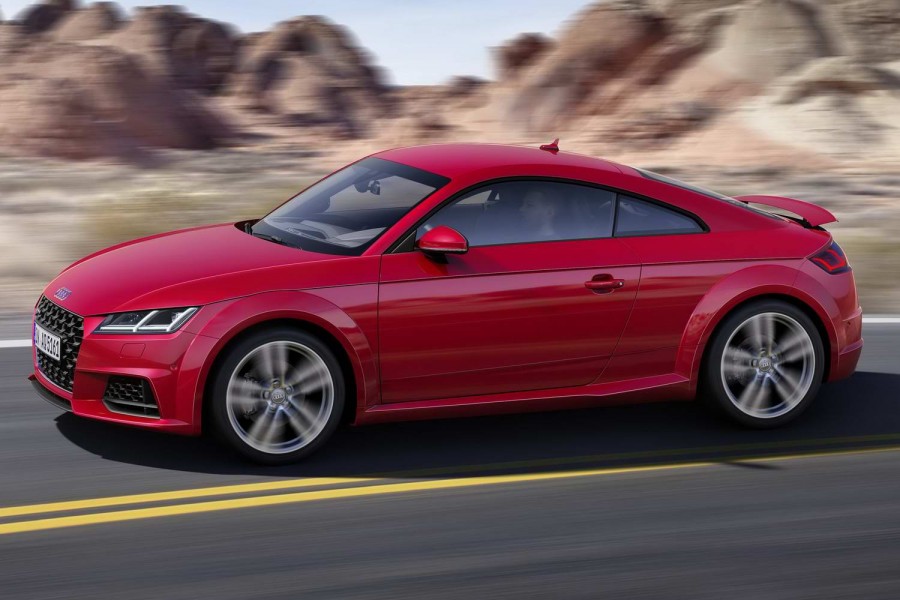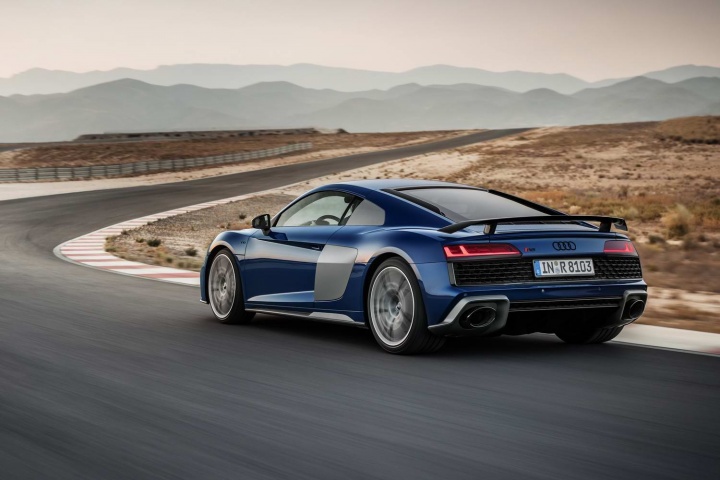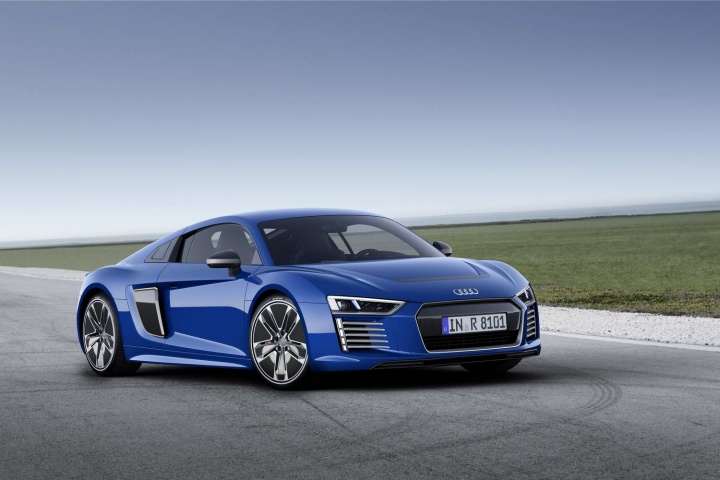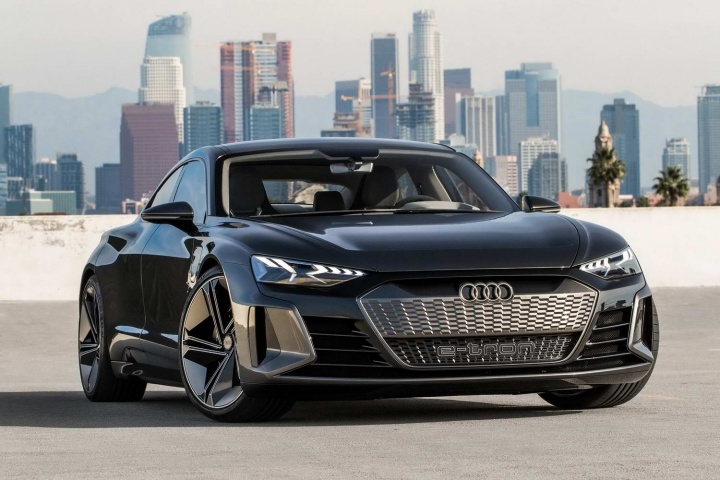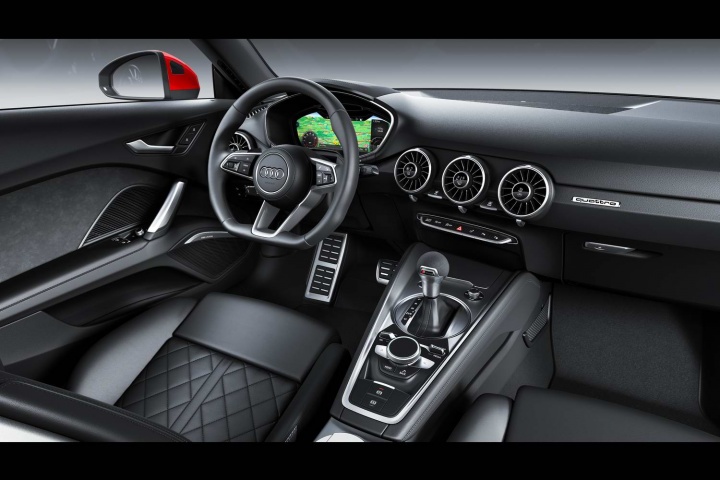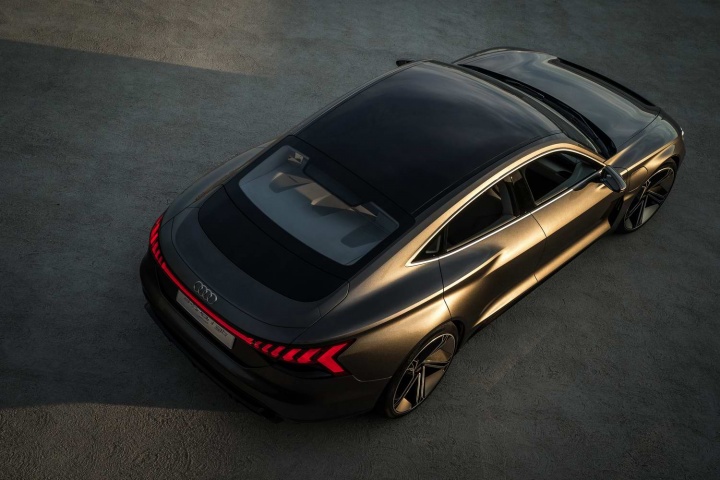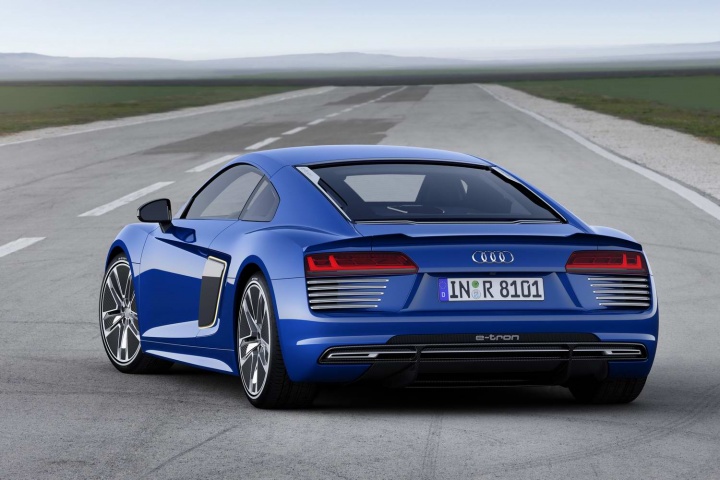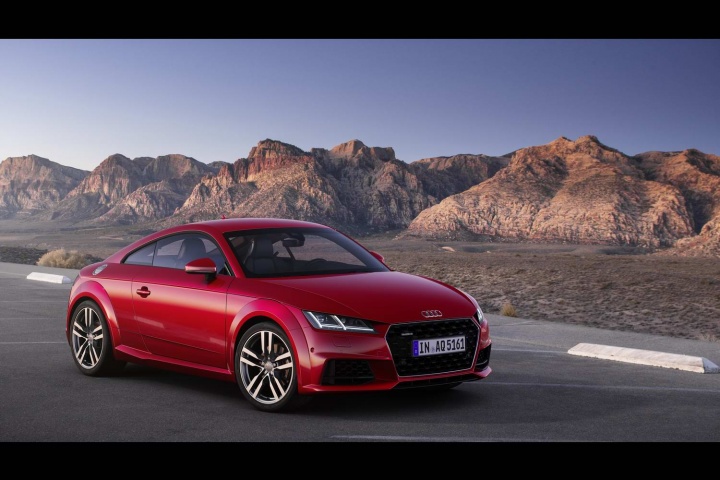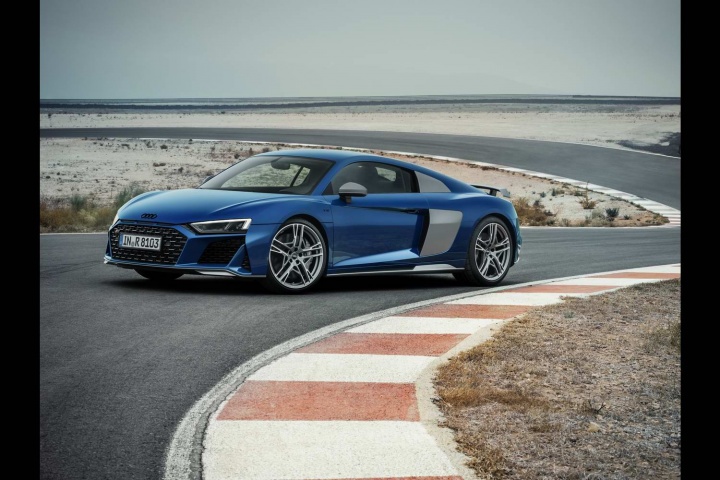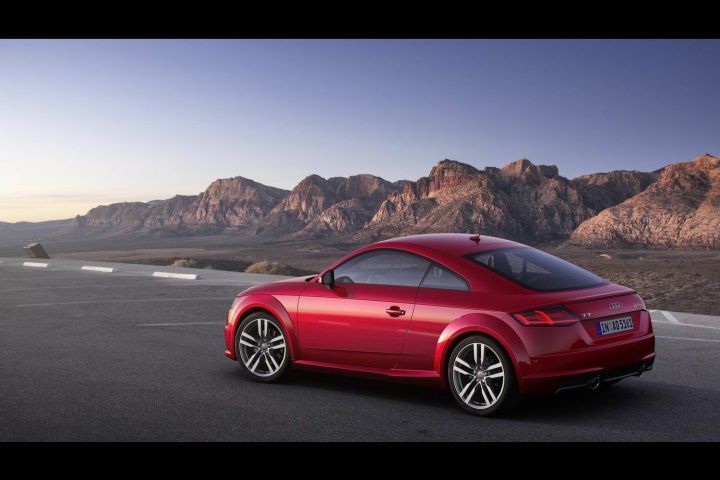What's the news?
The Audi TT, long credited as the model that helped turn around the four-ringed brand's once-stuffy and upright image, is to cease production soon. The updated model, which recently went on sale in Ireland at a starting price of €49,850, will be the last of its kind.
Confirming the decision at the Audi annual shareholders' meeting, chairman of the Audi board, Bram Schot, said that the TT would have to go as Audi starts to cull its petrol and diesel models and focus on electric car development.
"Focusing also includes leaving things out. The Audi TT, for example. For two decades, we have had this young, emotive sports car in our product range: as a coupe and as a roadster. We are exhibiting the special model Audi TT Quantum Gray Edition here today at the Annual General Meeting. With it, we are starting online sales for new vehicles. In a few years, we will replace the TT with a new emotive model in the same price range: with an electric car" said Schot at the meeting.
The TT's sales have dipped sharply in recent years, as buyers have turned away from coupes and sports cars in favour of SUVs. Enthusiasts railed, some years ago, about Audi's decision not to put the delectable Sport Quattro concept high-performance coupe into production, and instead devote the budget to making the RS version of the Q3 crossover. With the benefit of hindsight, that was - sadly - precisely the right business decision.
The TT was once a hugely successful model for Audi, hitting a European peak of 38,000 sales in 2007. Since then, though, it has been on the slide and last year a mere 9,900 were sold across the continent. Little wonder, then, that Audi won't invest in a direct replacement.
Audi has already committed to making at least one sporty all-electric model - the e-tron GT, which recently had a cameo role (in concept form) in the wildly successful Avengers: Endgame film (complete with incongruous fake engine noises). That car is a definite for production, sharing a platform with the incoming Porsche Taycan. It's more of an electric Audi A7 rival though, not a TT replacement. That, when and if it comes, will more likely be based on the MEB electric car platform that will get its debut later this year under the Volkswagen ID all-electric hatchback.
What of the Audi R8 supercar, though? Again, this is a totemic model for Audi, having launched in 2006 off the back of Audi's domination of the Le Mans 24-hour race. Mid-engined, and currently only available with a Lamborghini-derived V10 petrol engine, it's a powerful brand-builder for Audi, but Schot is most certainly dropping big hints that its successor, if there is one at all, will be all-electric. "As I said, focusing also means leaving out. For example, the R8 sports car. Do we need a successor with a combustion engine? Does this fit in with our vision? The discussion will give us an answer to that."
Ironically, Audi was poised to launch an all-electric e-tron version of the R8 as far back as 2013, and even got so far as building a handful of pre-production models which had serious performance - 0-100km/h in just 4.3 seconds. The car was shelved at the last minute, though, as Audi's engineers felt that battery technology at the time wasn't up to giving the car the all-round performance that it needed. The one-charge range was just over 200km.
Far away from developing electric supercars, Schot is more concerned right now with copper-fastening Audi's profitability, which has taken a hit in recent months. Sales fell by 3.5 per cent, globally, in 2018 while operating profit fell by a troubling 24.4 per cent. Audi did manage to generate net cash flow of €2.1 billion, even leaving out €1.2 billion set aside for 'special items' - mostly costs associated with the diesel scandal.
Schot's job right now, clearly, is to turn that around, but he seemed to be dropping hints that he expects CO2-based fines as the EU tightens the emissions regulations screws, to bite into Audi's profit-making ability in the near term. Schot says that he wants to see "a return on investment after CO2 of more than 21 per cent, an operating return on sales of between nine and 11 per cent, and significantly increased enterprise value. We want to be consistently profitable in everything we do. We want to operate sustainably and profitably in every respect. This creates the scope for investment in the future."
Audi has been the Volkswagen Group's most profitable brand for the past decade, so if those CO2-related costs start to take too big a chunk out of proceedings, expect to see an increasing number of petrol and diesel models being given the chop.

